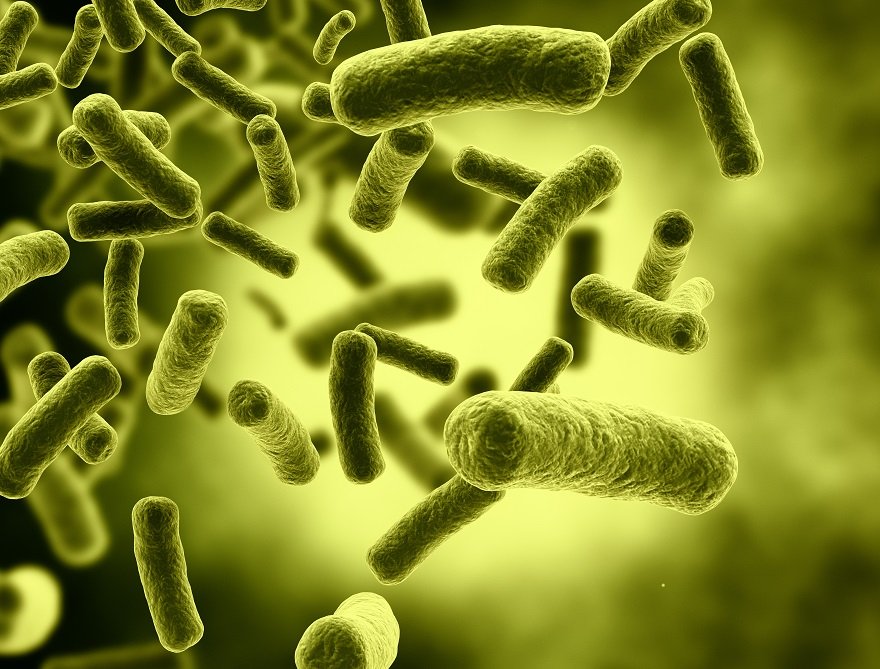Inside BENEO’s new pulse plant: pioneering sustainable protein from faba beans
Every now and then I see people who are drinking plenty of water and still having poor skin and hair quality, eating fatty foods only in moderation and still bloating up easily, going through indigestion, flatulence and stomach cramps. And one common thing that is observed in these people is a weak gut due to lack of pre and probiotics.
The human body is made up of billions of bacteria, without many of which we would not survive. The term “probiotics” relates to foods and nutritional supplements that contain these same “good” bacteria found in the body.
What is this good bacteria all about?
Probiotics are live bacteria that, when consumed through foods or supplements, are beneficial to our digestive system. They are also called good, healthy or friendly bacteria. Our digestive or gastrointestinal tract usually has billions of gut bacteria and yeast, collectively known as ‘gut flora’. For the gastrointestinal system to function properly, the gut flora must be in balance. This helps counteract the negative effects of harmful bacteria, illnesses and even side effects of medications.
When a person acquires a bacterial infection, antibiotics are often turned to as the immediate solution, but antibiotics kill bacteria unselectively, attacking both good and bad bacteria in the intestinal tract. By eliminating the beneficial bacteria, the body is vulnerable to various digestive issues. Rapid replacement of these beneficial bacteria is very important, and introducing probiotics to a health regimen is an increasingly popular and effective method to do just that.
Are Probiotics a diet Pre-requisite?
Over the years, the one thing that I have noticed is that most diseases begin from the gut. So, it is essential to keep your gut strong and healthy. We naturally have these good bacteria in our gut, but unfortunately there are a variety of factors that can cause an imbalance in our gut flora. A diet high in processed foods, high stress, and taking multiple doses of antibiotics or other medications can all decrease the amount of the natural gut flora. That is why it’s important that along with a healthy diet, we consume foods high in probiotics.
The most common natural probiotic-containing foods are those that have been fermented, including:
Yogurt
Kefir (a drinkable yogurt)
Kombucha (a fermented tea)
Sauerkraut or kimchi (fermented cabbage and other vegetables)
Miso or tempeh (fermented soybean products)
Many a times, I come across people who find it difficult to consume foods rich in probiotics due to their preferences, busy schedules and so on, and this is where I recommend people to take probiotic supplements. Small capsules that can be popped on the go once or twice a day can help strengthen the gut and prevent larger problems, but make sure to choose the right kind and quality of supplements.
The importance of pre-biotics in diet
While probiotics are the good bacteria for the gut, prebiotics is the food for the probiotics. Garlic, onions, artichokes, chicory roots and apple skin are some examples of prebiotic foods that are high in fiber and act as nutrients for the gut flora. The thing about prebiotics is that it is not digested in the small intestine like all other foods do. Instead, it remains undigested and reaches the large colon where it is fermented. This fermentation process acts as food for probiotics and increases the colony of good bacteria in the gut. So while it is recommended to add probiotics to the diet, it is also important to consume prebiotics to feed the existing ones and increase their count to achieve diversity and increased quantity of good bacteria in the gut.
The right time to consume prebiotics and probiotics
Taking prebiotics and probiotics as food or supplements is recommended an empty stomach or at least an hour before a meal to ensure they pass through the stomach quickly and reach the intestines in good condition. It is also found that people who supplement with probiotics before surgery are less likely to have post-operative infections. In fact the likelihood of using antibiotics to treat all post-operative infections is seen to decrease with an increased intake of probiotics in diet.
As the rain Gods hover over our head, infections in urban regions increase, it’s time that we start strengthening our gut to safeguard health and be more productive. Being the root cause of various health problems, keeping your gut healthy with prebiotics and probiotics should be your primary motive this monsoon.
Luke Coutinho, Integrative and Lifestyle Medicine – Holistic Nutrition and Founder – PureNutrition.me

